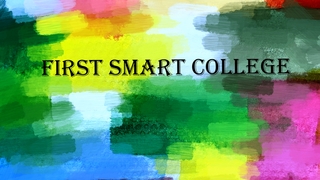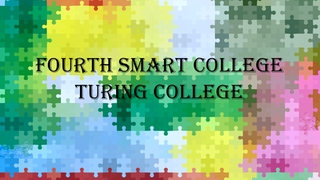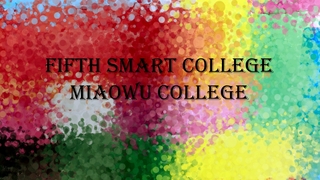Smart Colleges
- 1. About Smart College
- As one of the patterns for building “teacher-student community”, Smart College (Zhihui Shuyuan in Chinese, Shuyuan means the academy where scholars could engage in studies without restrictions or distractions) of Nankai University (NKU) has merged the education concept of Shuyuan system with the core idea of academic guidance, and has integrated teachers from relevant subjects closely with students. By creating an open, inclusive, supportive and guiding atmosphere for growth, it is committed to forming a new platform for communications between teachers and students.
- Supported by Wisdom Platform, Smart College is comprised of interdisciplinary teachers and students, making full of its cross-disciplinary advantages. By pooling the wisdom at all times from all countries in one place, and integrating immersive learning, nurturing, edification and education as a whole, Smart College has connected knowledge exploring and personality cultivation into one, aiming to forge a team for total education and to provide students with comprehensive guidance from academic planning and learning guidance, to career and life goals.
- 2. Operation mode and activities
- Smart College has adopted an operation mode with networked organizations, substantive activities and intelligent learning, under the overall planning of Department of Student Affairs of NKU and with the construction and implementation of relevant colleges.
- The details are as follows:
- 1. Online and offline classes: Composed of teachers and students, the class is divided into groups, where each group is facilitated with a tutor and the ratio of student/tutor is no higher than 10:1.
- 2. Wisdom Platform and online courses: Relying on online teaching platform and information-based teaching instruments, Wisdom Platform supports tutors to provide students with academic guidance, learning material sharing, activity notification, learning tracking, etc. It also supports students to have online learning, communication, collaboration, etc.
- 3. Offline tutoring: Including book clubs, face-to-face learning, etc.
- 4. Offline activities: Including a variety of activities with College characteristics, such as lectures, literary and artistic appreciation, cultural exchanges, and community service and so on.














